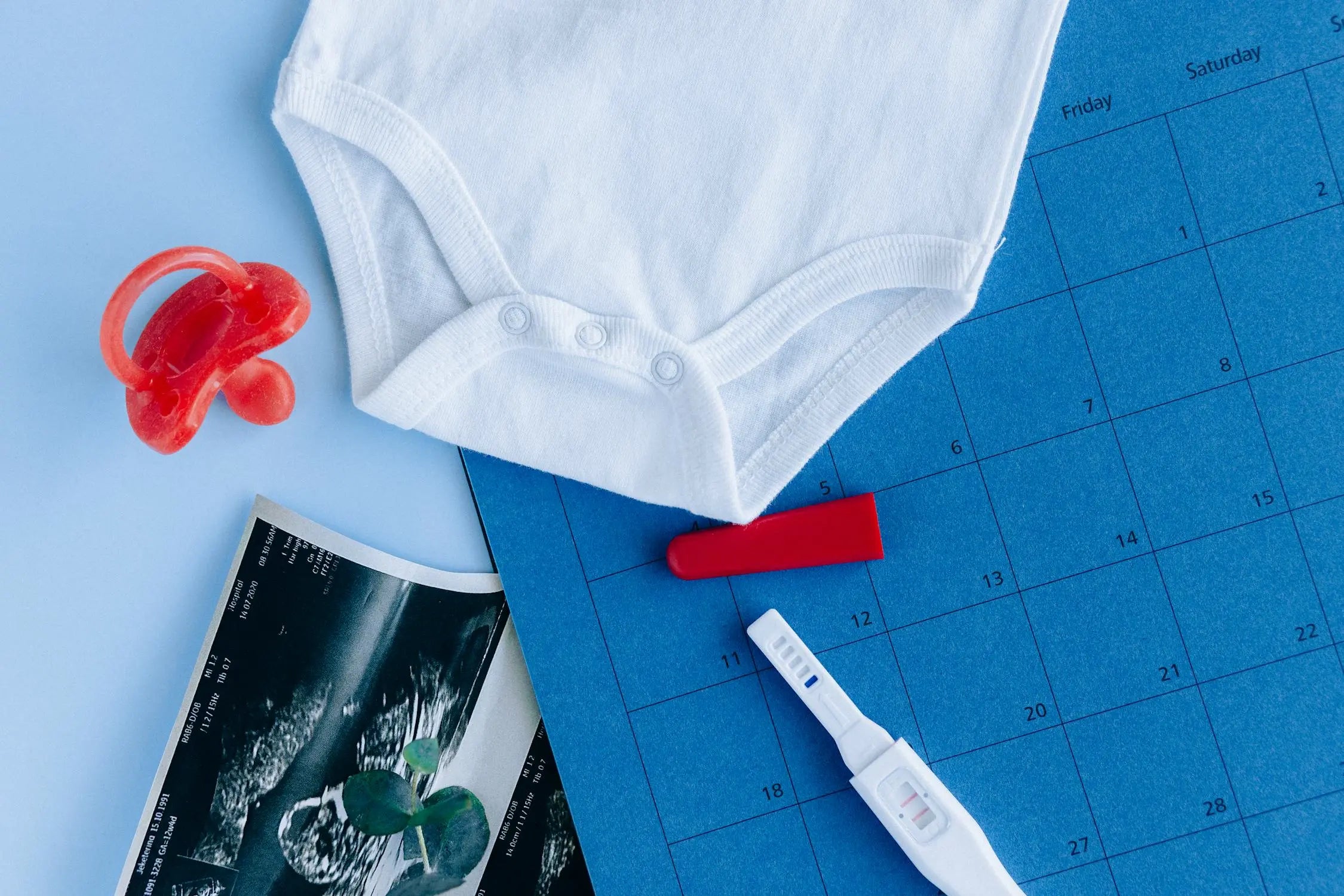Startseite
Pregnancy, Breastfeeding, and Pumping: The Ultimate Guide for Moms
How Many Days After Ovulation Take Pregnancy Test

How Many Days After Ovulation Take Pregnancy Test
Are you eagerly waiting to find out if you’re pregnant? Timing is everything when it comes to taking a pregnancy test. Understanding how many days after ovulation to take a pregnancy test can make all the difference in getting accurate results. Let’s dive into the details to help you navigate this crucial period with confidence.
Understanding Ovulation and Its Role in Pregnancy
Ovulation is the process where an egg is released from the ovary, making it available for fertilization. This typically occurs around the midpoint of a woman’s menstrual cycle. For those with a 28-day cycle, ovulation usually happens around day 14. However, this can vary depending on individual cycle lengths and hormonal factors.
After ovulation, the egg travels through the fallopian tube, where it can be fertilized by sperm. If fertilization occurs, the fertilized egg begins its journey to the uterus for implantation. This process is critical for pregnancy to begin.
The Implantation Process and Hormonal Changes
Implantation occurs when the fertilized egg attaches to the uterine lining, usually 6 to 10 days after ovulation. This event triggers the release of human chorionic gonadotropin (hCG), a hormone essential for maintaining pregnancy. hCG levels rise rapidly in the early stages of pregnancy, doubling approximately every 48 to 72 hours.
Pregnancy tests detect the presence of hCG in urine or blood. However, hCG levels must reach a certain threshold for the test to provide a positive result. This is why timing is so important when taking a pregnancy test.
How Many Days After Ovulation Should You Take a Pregnancy Test?
The ideal time to take a pregnancy test is after implantation has occurred and hCG levels have risen sufficiently. For most women, this is around 10 to 14 days after ovulation. Testing too early can result in a false negative, as hCG levels may not yet be detectable.
Here’s a breakdown of the timeline:
- 6 to 10 Days After Ovulation: Implantation may occur during this window. hCG levels begin to rise but are still too low for most tests to detect.
- 10 to 14 Days After Ovulation: This is the optimal time to take a pregnancy test. hCG levels are typically high enough to produce an accurate result.
- After 14 Days: If your period is late and you haven’t yet tested, this is a good time to take a pregnancy test for reliable results.
Factors That Can Affect Pregnancy Test Accuracy
Several factors can influence the accuracy of a pregnancy test, including:
- Test Sensitivity: Some tests are more sensitive and can detect lower levels of hCG earlier in pregnancy.
- Timing of the Test: Taking the test too early or at the wrong time of day can affect results.
- Hydration Levels: Drinking too much water before testing can dilute hCG levels in urine, potentially leading to a false negative.
- Medications: Certain medications, such as fertility drugs, can interfere with test results.
Tips for Taking a Pregnancy Test
To maximize the accuracy of your pregnancy test, follow these tips:
- Wait for the Right Time: Avoid testing too early. Wait until at least 10 to 14 days after ovulation for the most reliable results.
- Use First-Morning Urine: hCG levels are most concentrated in the first urine of the day, making it the best time to test.
- Follow Instructions Carefully: Read the test instructions thoroughly and follow them precisely to avoid errors.
- Confirm Results: If you receive a positive result, confirm it with a healthcare provider. If the result is negative but your period is still late, consider retesting in a few days.
What to Do After a Positive Pregnancy Test
A positive pregnancy test is an exciting milestone, but it’s just the beginning of your journey. Here are the next steps to take:
- Schedule a Doctor’s Appointment: Confirm the pregnancy with a healthcare provider and begin prenatal care.
- Start Taking Prenatal Vitamins: These are essential for supporting your baby’s development.
- Adopt a Healthy Lifestyle: Focus on a balanced diet, regular exercise, and avoiding harmful substances like alcohol and tobacco.
- Educate Yourself: Learn about pregnancy stages, potential symptoms, and what to expect in the coming months.
When to Seek Medical Advice
If you experience unusual symptoms, such as severe pain, heavy bleeding, or persistent nausea, consult a healthcare provider immediately. These could indicate complications that require prompt attention.
Additionally, if you’ve been trying to conceive for several months without success, consider speaking with a fertility specialist to explore potential underlying issues.
Timing your pregnancy test correctly is key to obtaining accurate results. By understanding how many days after ovulation to take a pregnancy test and following best practices, you can approach this exciting time with confidence. Remember, every woman’s body is different, so listen to yours and seek professional guidance when needed. Happy testing!
Teilen
